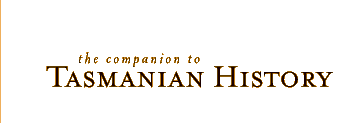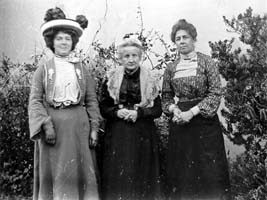 |
 |
|
Equal Opportunities
The first Equal Employment Opportunities Officer for State Government Employment, Margaret Thurstans, held the position from 1977 till 1982. The position was abolished by the Gray government in 1983. Target groups were women, Aboriginal people, people from a non-English speaking background and people with disabilities. Women were still confined predominantly to keyboard and support positions and there were few in senior positions, despite some changes, for example abolition of the 'marriage bar' in 1967 (that is, women no longer had to resign from permanent positions when they married), and the recruitment of young women into career positions from 1974. Achievements included education and awareness raising, introduction of permanent part-time employment, improved selection practices that resulted in more young women recruited, more women in senior positions, and policies and processes in relation to sexual harassment and discrimination. Other achievements included recruitment of more Aboriginal people and assistance for people with disabilities and from non-English speaking backgrounds. In 1990 the Field Labor government introduced a requirement for state government agencies to implement equal employment opportunity programmes. Under the State Service Act (2000), these programmes became incorporated into the concept of 'managing workplace diversity'. In 1998, the Tasmanian Parliament finally passed the Anti-Discrimination Act. Margaret Thurstans was also the first Equal Opportunity Officer for the University of Tasmania from 1986 to 1989, addressing issues related to both staff and students. Key activities included involvement in the introduction of Women's Studies, action to increase the number of women in Science and Engineering, staff development for female staff and support for students with disabilities. The University continues to have an equal opportunity position, committee and policy to meet its obligations in relation to a wide range of state and commonwealth legislation. Margaret Sing |
Copyright 2006, Centre for Tasmanian Historical Studies |
